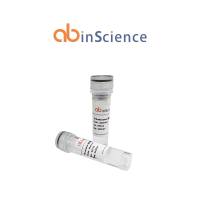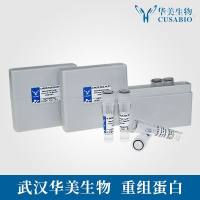Saturation of the Secretory Pathway by Overexpression of a Hookworm (Necator americanus) Protein (Na-ASP1)
互联网
412
Human hookworm infection is one of the most significant parasitic infections, and a leading global cause of anemia and malnutrition of adults and children in rural areas of the tropics and subtropics. Necator americanus secretory protein (Na-ASP1), which is a potential vaccine candidate against hookworm infections, has been expressed in Pichia pastoris . Na- ASP1 protein was expressed extracellulary by employing the leader sequence of the α-mating factor of Saccharomyces cerevisiae . Most of the protein produced by single copy clones was secreted outside the cell. The Na-ASP1 steady state mRNA levels of the clones were correlated to their Na-ASP1 gene copy number. However, increasing gene copy number of Na-ASP1 protein in P. pastoris saturated secretory capacity and therefore, decreased the amount of secreted protein in clones harboring multiple copies of Na-ASP1 gene.









